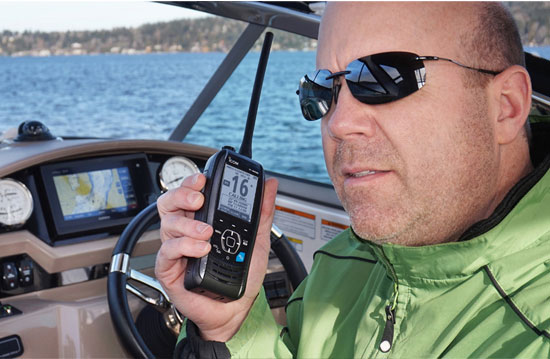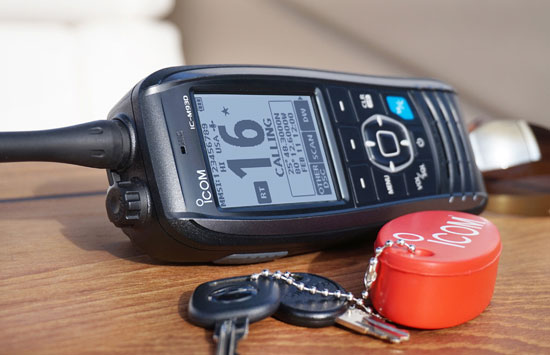
From ships to paddle boats, water safety is number one. While the U.S. Coast Guard has different requirements for different vessels, the concepts behind all safety basics are the same.
Preparation is Prevention
There can be many unforeseen circumstances that can occur while on the water, preparing for the day is crucial when it comes to safety at sea. Start with a pre-departure or vessel safety checklist to review that all systems and required safety equipment are in working condition and onboard. The last thing anyone wants is to be in an emergency situation and have missing or faulty equipment.
Filing a float plan should also be part of the pre-departure preparation. In case of an emergency, a float plan can provide rescue personnel essential information. Although helpful, friends and family members may not have or remember all the detailed information needed by rescue personnel.
Finally, do not forget to plan ahead and check the weather report. Bad weather can make for an unpleasant or dangerous day at sea. Know what to expect before departing and avoid potential weather hazards.
Wear a Life Jacket. It’s a Life Saver
One thing all watercrafts are required to carry on board are life jackets. Hot summer days and the open air make it tempting to not wear this life saving device, however they are most effective when worn. Even though life jacket requirements vary per state, there must always be enough jackets for each passenger on board. All life jackets need to be Coast Guard approved and the appropriate size for the intended user.
Communication Devices
The ability to communicate with other ships and land is imperative. While cell phones are a useful link to the shore, they are not designed to “talk” with other vessels. When in distress, a boat operator needs to quickly communicate with the Coast Guard. A marine radio provides the quickest and easiest form of reliable communications. When using a marine radio, distress calls can be received not only by the Coast Guard, but also by nearby ships as well.
Radios are extremely useful for non-emergency situations as well. Any boater can confirm weather is unpredictable and can alter at any minute. Marine radios can keep a boat’s crew up to date with current conditions at the touch of a button, allowing them to avoid unnecessary dangers.
Knowing the Way of the Waves
Just like when driving a car, there are rules to follow while boating. Navigation rules are not only proper etiquette, but can help avoid collisions while on the water. Learning how to handle some common navigation scenarios or reading aids to navigation (ATONs) is basic knowledge all boat operators should know.
Water will always be more powerful and uncertain than any amount of preparation can provide. However, education and awareness are valuable in providing a safe and enjoyable atmosphere for all water activities. Additional information regarding boat safety and education can be obtained from the U.S Coast Guards Boating Safety Division or the Perry J. Cohen Foundation.


